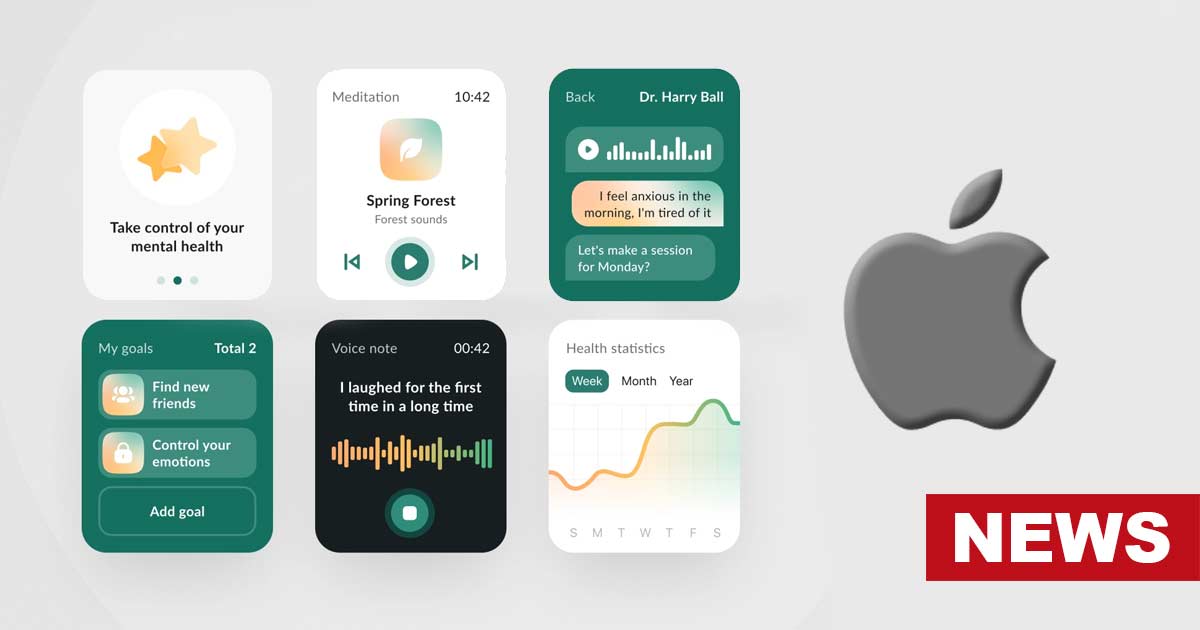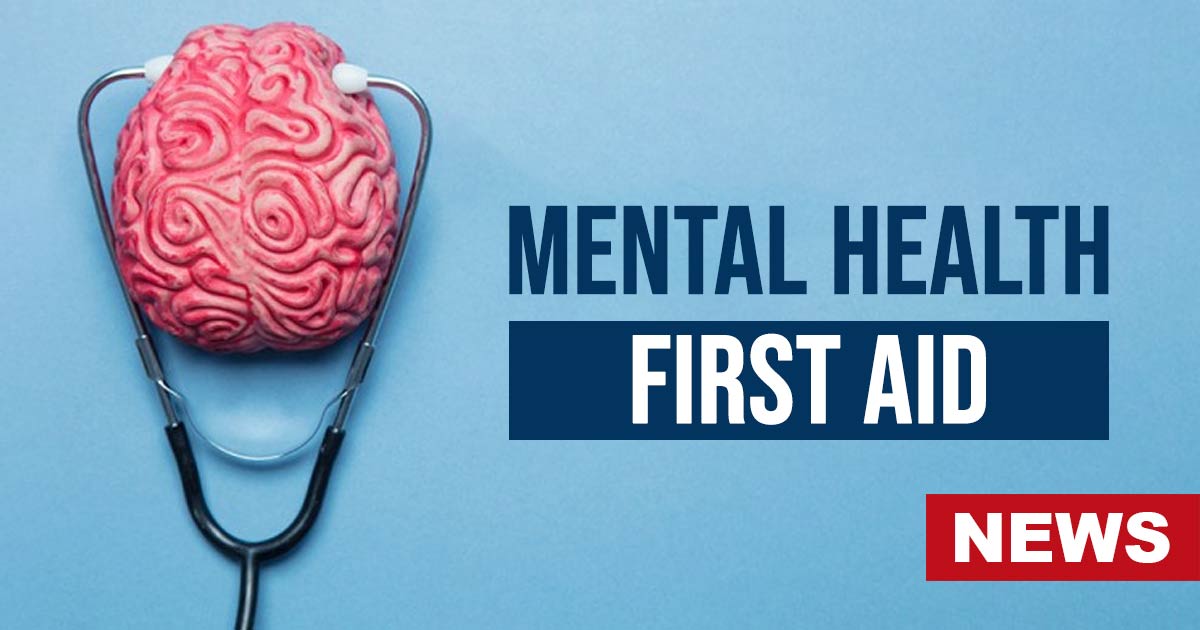Stress is an unrelenting companion in the fast-paced world of the 21st century. Our daily lives, work pressures, environmental factors, and the constant drive for success all contribute to the omnipresent issue of stress. While stress is often regarded as a mental state, it wields a profound impact on our physical well-being.
When stress strikes, our body responds by releasing hormones that enhance blood flow to quickly supply oxygen to our cells. As a result, heart rates increase, and mental alertness surges. This chain of events is set in motion when the hypothalamus in our brain signals the adrenal glands to release adrenaline hormones.
In acute stress situations, like a heated argument, the body typically returns to its normal state. However, when stress becomes episodic, characterized by recurring, short bursts of stress, adrenaline hormone levels persistently increase, elevating heart rate and blood pressure to meet the heightened energy demands.
In the case of chronic stress, the adrenal glands release cortisol, which elevates blood glucose levels to meet the heightened energy demands of the brain. Cortisol also interferes with digestion, reproductive functions, and growth processes, prioritizing the brain’s needs.
Chronic stress perpetuates this physiological response through the nervous system, leading to inflammation and cellular damage. Furthermore, cortisol affects the sleep cycle and alters the body’s utilization of proteins, fats, and carbohydrates.
The Connection of Chronic Stress and Eating Habits
The link between stress and eating habits is a complex one, and it can have significant consequences for one’s physical health and well-being. Chronic stress can bring about various changes in eating behaviors and metabolism. Some of the key impacts of stress on eating habits include:
1. Food Choices
Chronic stress can increase the metabolic demands of our bodies, often leading to the consumption of nutrient-poor, calorie-dense, and highly processed foods. It also tends to elevate cravings for sweet foods.
2. Metabolism Slowdown
Stress can slow down metabolism, potentially resulting in weight gain. Research published in the Journal of Bio Psychiatry found that stressed women burned 100 calories less than their non-stressed counterparts. It was also observed that consuming a high-fat meal within 24 hours of a stressful event further slowed the body’s metabolism, potentially causing women to gain up to 11 pounds over a year.
3. Skipping Meals
Stress can lead to meal skipping due to low energy levels and emotional turmoil. These missed meals are often replaced with quick, high-fat, high-salt snacks, which can have detrimental effects on health.
4. Fat Deposition
Cortisol, a hormone released in response to stress, is associated with increased fat deposition around the abdominal area, a significant risk factor for insulin resistance, diabetes, and cardiovascular diseases. Cortisol also suppresses the satiety hormone leptin and increases the hunger hormone ghrelin.
While metabolic factors play a role in stress-related eating habits, individuals can make choices to mitigate the potential damage. Here are some strategies to consider:
Mitigating the Effects of Stress on Eating Habits
- Mindful Eating: Embrace mindful eating practices that promote thorough chewing, slow eating, appreciation of the nutritional value of meals, timely eating, regular exercise, and meditation. A structured lifestyle can help combat stress.
- Nutrient-Rich Choices: Opt for nutritious foods over highly processed ones to avoid making poor dietary choices when under stress.
- Regular Exercise: Incorporate daily exercise into your routine, as it serves as an effective stress reliever and contributes to overall well-being.
- Immediate Remedies: When dealing with stress-induced cravings, avoid succumbing hastily. Pause, have a glass of water, and calm down before resorting to emotional eating triggers. Keep healthy snacks readily available for times of need.
- Portion Control: Practice portion control to maintain healthy eating habits.
Stress-Relieving Foods
Natural, Fresh Foods: Prioritize natural, fresh foods over processed, ready-to-cook or ready-to-eat meals.
Anti-Inflammatory Foods: Incorporate a variety of fruits, vegetables, plant proteins, nuts, and seeds into your diet, as they possess potent anti-inflammatory properties that can help counteract the effects of stress.
Vitamin B-Rich Foods: Foods rich in Vitamin B, such as eggs, chicken, lean meat, and whole grains, can help regulate cortisol levels.
Omega-3 Fatty Acids: Consume foods rich in omega-3 fatty acids, like chia seeds, flax seeds, walnuts, olive oil, and fatty fish, to reduce inflammation.
Stress-Relief Teas: For improved sleep and stress relief, consider chamomile tea and ashwagandha tea, both of which can soothe nerves and promote better sleep.
In conclusion, the relationship between stress and eating habits is intricate, and its effects on overall health are substantial. Understanding this connection and adopting mindful strategies and healthier food choices can help individuals better manage the impact of stress on their physical well-being.
While stress is an inherent part of modern life, proactive steps can be taken to break the cycle of unhealthy eating habits and promote better health and emotional well-being.





















